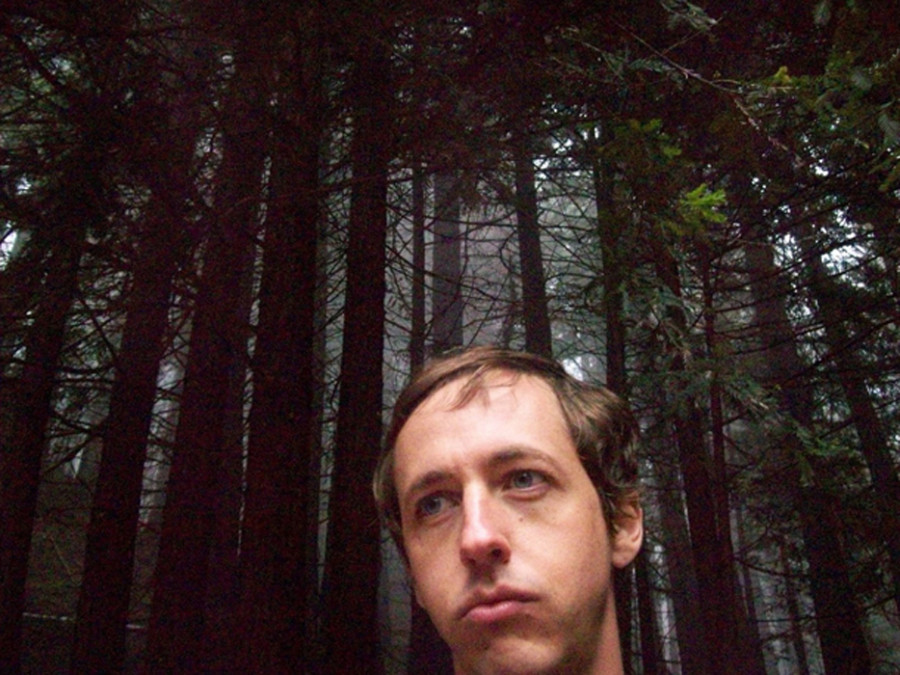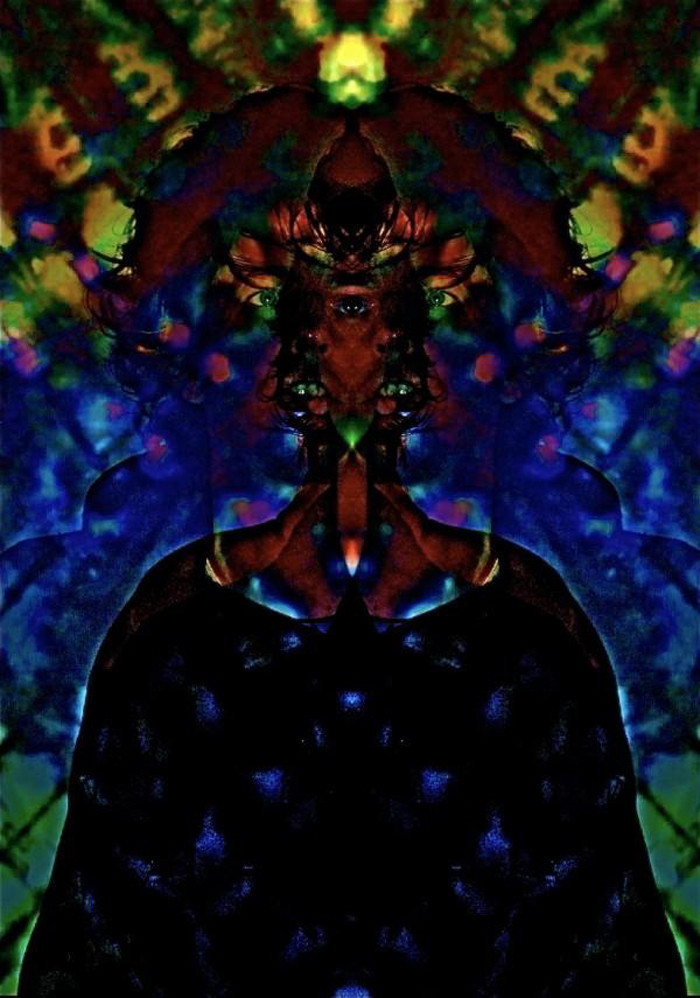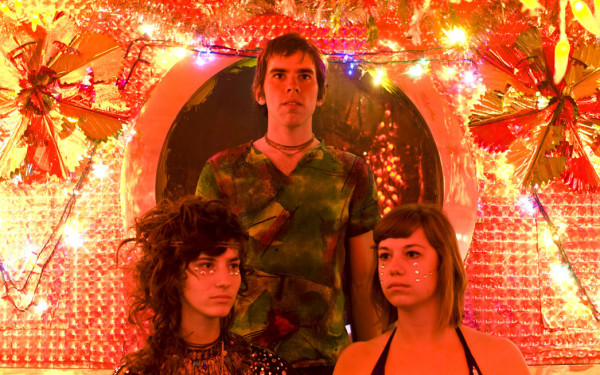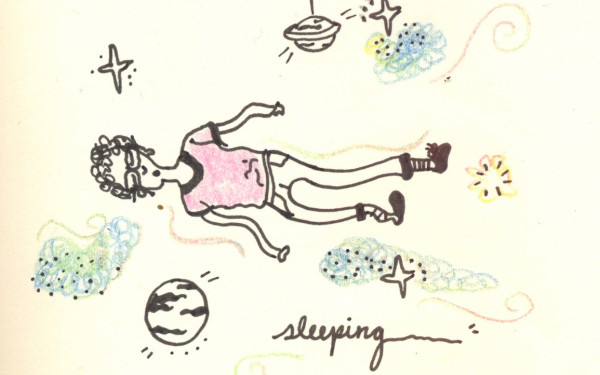Animal Instinct
Josh Dibb on the Guggenheim, Barefoot Hippies and His Struggle to Make the Music He Wants to Make
“It’s been both a blessing and a curse to be the dude from Animal Collective,” said Josh Dibb, or perhaps better known by his stage name, Deakin.
After spending the past couple years apart from the overwhelming success of being a founding member of Animal Collective, Dibb is embarking on a solo project.
“I think that [while I was working with Animal Collective] I was really focused [on the music] in an unhealthy way. It was consuming me to the point where I really wasn’t giving myself space for other things,” he said.
Dibb’s hiatus from Animal Collective has not entirely halted creative endeavours with members of the band. This year they screened ODDSAC, a visual album and film they collectively collaborated on. They also did an installation at the Guggenheim after wrapping up their Merriweather tour—an event, as Dibb explained, was widely misunderstood.
“We didn’t realize what we were getting ourselves into. We had much grander ideas than what we were able to pull off,” he said.
After refusing to do a concert in favour of an interactive installation, the band was surprised to read the press release and discover the first of many miscommunications with the gallery.
“It came down to [the Guggenheim] showing us the press release and we were like, ‘Well, it says here we’re going to play. You can’t say that we’re not going to play. People are going to read this and think we’re going to play,’” Dibb said.
“We wanted the space to be open for a day and people could just come and go as they please, not this thing of like show up at eight and it’s going to happen for three hours. We were trying to ride this line between what we really wanted to do and the way the event had to be and did, in some ways, end up being,” he explained. Many of their ideas were turned down because they were deemed hazardous to the architecture of the space and the preservation of the art.
“It was like, well you want us to do this thing in a space in the Guggenheim? Well, we want to cover the entire floor with dirt and we want to have smoke machines. We wanted to make the water in the pool be black light reactive [by] filling it up with tonic water, like, it’s not a big deal. It will work.’ And they were just like ‘No.’”
But the Guggenheim was not entirely a negative experience for Dibb.
“It made me realize the things that we are capable of. It doesn’t just have to be a concert; it doesn’t just have to be a record. You can try different things and have fun and, for me, it was really just an opportunity to do something new.”
Performing solo is also a new thing for Dibb; something he feels is a “double edged sword” in being both a new sense of artistic control and vulnerability. Lately, he explained, a love of carpentry turned him onto a new life path, which led him to his solo musical project.
“I very much come from a new-age hippie background and there has been a recent interest on my part to start to understand the ecology of my environment,” he said.
“It made me realize the things that we are capable of. It doesn’t just have to be a concert; it doesn’t just have to be a record. You can try different things and have fun and for me it was really just an opportunity to do something new.”
—Josh Dibb,
Artist
After tampling with sustainable carpentry, Dibb said it turned into something much bigger. In working with more sustainable types of material, including reclaimed wood, Dibb began to become more interested in his environment and began to take a closer look at the world’s natural systems.
“It’s a really complicated thing to describe. I feel like it’s really easy to sound like a back-to-nature environmentalist, which I actually don’t think I am,” he said. “I’ve just been educating myself about things like permaculture. I’m just really trying to understand what is possible to do in our world that is not necessarily the idea of moving down to eight acres in the middle of the woods.”
Dibb has also been studying mushrooms, but not the magical kind. Dibb is more interested in the healing properties of certain types of fungi.
“I’ve been really obsessed with this guy Paul Stamets who is [an] incredible [mycologist]. I would recommend looking him up,” he said. “Right now I feel like I’m in an educational phase of my life.”
One of the ideas becoming clear to Dibb is the divide between environmentalists and science and technology. He believes a bridge between both disciplines needs to be gapped in order to solve important world issues.
“The stuff that the earth can do is insane. It’s not a matter of getting barefoot and letting the earth go wild and moving back to nature. It’s a matter of actually understanding that [nature’s] systems are incredibly complex and it’s our humble job to figure out how to work with them and [use the] incredible capacity within the systems that already exist to fix a lot of the problems that we’re having.”
This educational phase in Dibb’s life is, as he explained, necessary for his solo project. He explained how the recording of his yet-to-be-released record has been mixed in with his interest in other issues such as the loss of fish systems in the ocean; a system that, he explained, is collapsing.
“It’s not like I’m singing songs about tuna fisheries but at the same time I kind of feel like I am. I’m kind of trying to find ways to convey [these bigger issues].”
Dibb explained that he wants to find ways to convey the planetary knowledge he has gained over the past few years. However, he has been struggling with it, as he explained. He wants to find ways of connecting with his audience on an emotional level. He doesn’t want to rely on lyrics as a means of communicating.
“Musically, I have a reaction against things that feel too blatantly obvious. That is a model that has worked in the past but I don’t really see working anymore,” he said.
So Dibb is carefully and patiently planning his album. He seems unsure of his capabilities. However, it will surely be worth the wait.
“I don’t feel like my songs are about any specific thing as much as they’re about everything,” he said.
Deakin plays with Prince Rama and The Pop Winds on Wednesday, Sept. 15 at Il Motore (179 Jean-Talon St. W.). The show starts at 8:30 p.m. Tickets are $15.
This article originally appeared in Volume 31, Issue 05, published September 14, 2010.





_600_375_90_s_c1.jpg)
